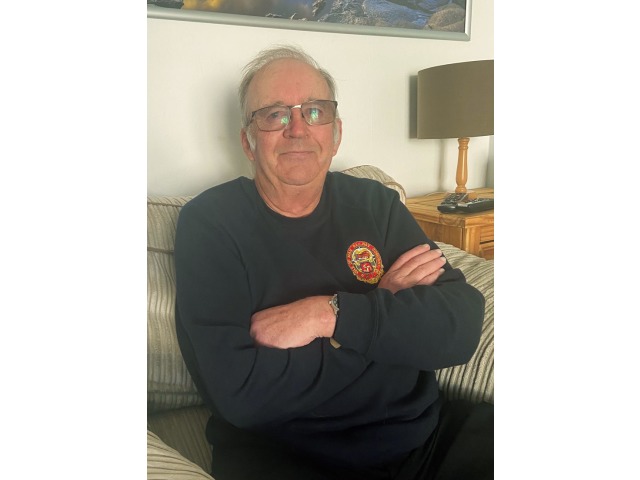Henry was born on 15th July, St. Swithen’s Day in 1948 at ‘Nurse Crebbin’s’ in Colby, he was one of the last to be born there due to the advent of the NHS around the same time. His parents at the time were living with his grandparents at Lhingague Farm and his earliest memory was being sat, aged two, in the cart with the furniture as they moved up to Upper Scard Farm. This was such an isolated spot that during the school week, Henry and his siblings stayed with his grandmother on Lhingague as the school bus only went as far as Ballakilpheric Chapel. Lhingague Farm had no electricity or running water, his grandmother getting the water from a well in the field, Scard had running water but no electricity and the water authority who owned the property had quite strict rules on how it should be farmed, Henry talks about people living up on the ‘tops’ near Cronk ny Arree Laa and of the ‘Earystane Mountain’, of the first turnips to grow on the Isle of Man and of his grandfather digging out an old well for the neighbourhood to use after a dry summer. At 7, Henry’s family moved to Ballacorkish Farm where he has many memories including of a gentleman in Colby who was the last person to walk up the tunnels of the Scholaby mine shafts before the ladders were removed.
Henry talks about the field names at Ballacorkish and Scard, speaking the Manx Gaelic with a lilting Manx accent. Stories of Mill Days, chapel anniversaries, local characters and his family, including a sad tragedy that wasn’t spoken about when he was a child. Henry also speaks about his time working on the farm at Knockaloe Farm, at Ballamona Hospital Farm when he was helped by prisoners and patients and of twenty years spreading lime around the farms of the Isle of Man.
Interviews
When you click play on one of the interviews below there will be a slight delay as the audio file is downloaded. Large files or slow internet connections will increase the length of this delay.
-
Interview with Henry Gawne

